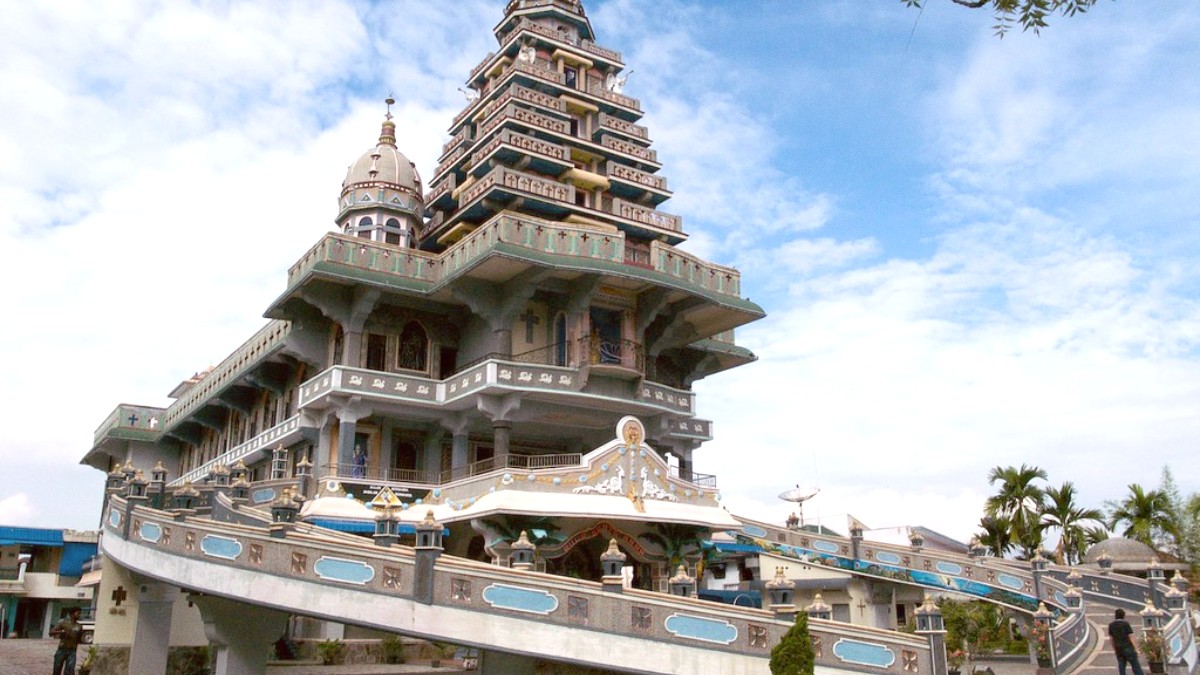
Sumatra, Indonesia
A major conservation area in North Sumatra, protecting critically endangered species like orangutans, Sumatran tigers, and elephants. Support ethical tourism.
Reduce your personal waste. Avoid single-use plastics. Bring a Reusable water bottle and fill with purified water. Carry a Reusable shopping bag.
Water resources can be strained in urban areas. Be mindful of your water usage, especially in hotels. Take shorter showers and reuse towels.
Medan's multi-ethnic society is a rich cultural experience. Your respectful interactions contribute to its preservation.
Support local crafts, traditional performances, and community-based tourism. Seek opportunities to purchase Batak traditional Ulos fabric directly from weavers.
Thoughtful actions demonstrate respect for local customs.
Capture memories with respect for privacy.
Enter holy places with reverence.
Seek accommodations promoting sustainable practices including energy efficiency, waste reduction, and local sourcing of food.
Find eco-friendly stays on EcobnbChoose tour operators prioritizing environmental protection and animal welfare, especially for national parks or wildlife sanctuaries. Ask about their policies.
Explore ethical tours with G AdventuresPrioritize local warungs, family-owned restaurants, and guesthouses. Hire local guides and drivers. These choices directly benefit the community.
Your spending directly impacts the local economy. Choose practices that benefit the community.
Engage with local communities. Visit traditional villages like Dokan Village or participate in homestays in rural areas.
Prioritize buying directly from artisans or small local businesses. Seek products supporting fair wages.
Be aware of potential exploitation.
Recognize potential scams. Do not give money to begging children; support them through reputable local charities or NGOs. Do not participate in activities that exploit animals (e.g., elephant riding, tiger petting).
If you wish to donate, do so through established local charities or non-governmental organizations (NGOs). This confirms your contribution has a sustainable positive impact. Research organizations focusing on education, health, or environmental conservation.
Flights contribute to carbon emissions. Consider offsetting your flight emissions through reputable carbon offset programs. Many airlines offer this option directly during booking. Explore Terrapass for carbon offsets.